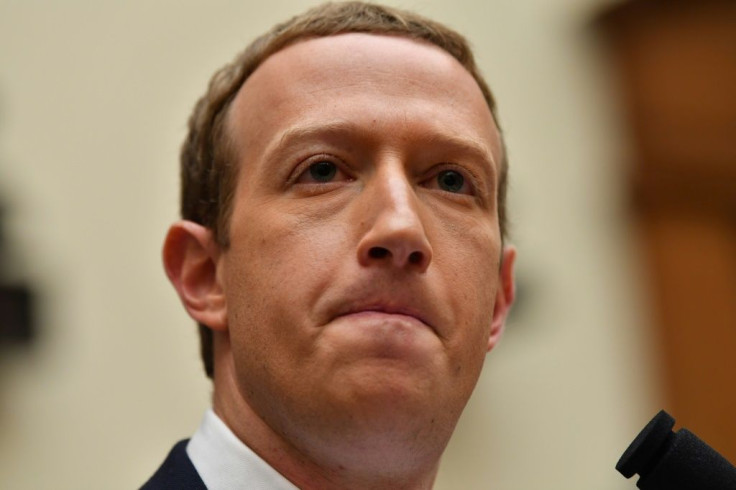Mark Zuckerberg Defends Libra Cryptocurrency: Highlights, Quotes From His Testimony Before Congress

Facebook CEO and co-founder Mark Zuckerberg appeared Wednesday in front of the House Committee on Financial Services, where he defended the embattled Libra cryptocurrency initiative over regulatory concerns.
Zuckerberg began the testimony by saying that "there are more than a billion people around the world who don't have access to a bank account, but could through mobile phones if the right system existed. This includes 14 million people here in the U.S. Being shut out of the financial system has real consequences for people's lives –- and it's often the most disadvantaged people who pay the highest price."
The Libra cryptocurrency will be managed just by one's phone and will be held in a digital wallet, Calibra. Libra could be a game-changer for the developing world, with the McKinsey Global Institute saying in 2016 that the widespread use of digital finance could boost the annual GDP of all emerging economies by $3.7 trillion by 2025.
The Libra cryptocurrency is governed by the 21-member Libra Association, which held a meeting in Geneva last week. Prior to the meeting, several major companies, most notably Visa and PayPal, had dropped out of the association over concerns that the cryptocurrency won't be able to meet U.S. and EU regulatory standards.
In response to concerns about the cryptocurrency, Zuckerberg said "we've heard that people are concerned that we are moving too fast. As we have said from the beginning, we're committed to taking the time to get this right."
Libra, which was announced in June, was anticipated to be released in the first half of 2020, but it could take longer due to the regulatory process.
Zuckerberg added that "some have suggested that we intend to circumvent regulators and regulations. We want to be clear: Facebook will not be launching the Libra payments system in any part of the world unless all U.S. regulators approve it. And we support Libra delaying its launch until it has fully addressed all U.S. regulatory concerns."
U.S. officials, such as Treasury Secretary Steven Mnuchin and Federal Reserve Chairman Jerome Powell, have said that Libra poses regulatory concerns in regards to privacy and its potential use towards funding international crime and terrorism. Mnuchin has even called Libra "a national security issue."
There has been skepticism about Libra from both Democrats and Republicans, particularly following the company's many privacy problems.
“As I have examined Facebook’s various problems, I have come to the conclusion that it would be beneficial for all if Facebook concentrates on addressing its many existing deficiencies and failures before proceeding any further on the Libra project,” said Rep. Maxine Waters, D-Calif., who is the chair of the committee.
Perhaps the most notable soundbite from the testimony was Zuckerberg conceding his uncertainty about Libra, which is intended to transfer funds and make purchases. “I actually don’t know if Libra is going to work,” he said. At one point, Zuckerberg also called Libra "a risky project" that has faced "a lot of scrutiny."
In the conclusion of the testimony, Zuckerberg said that "we know that companies like Facebook have become a part of people's everyday lives and that comes with immense responsibilities and a lot of difficult judgements. We don't think we should be tackling these issues alone, which is why I've called for a more active role for governments and regulators on harmful content, protecting elections, privacy, and data portability."
© Copyright IBTimes 2024. All rights reserved.




















